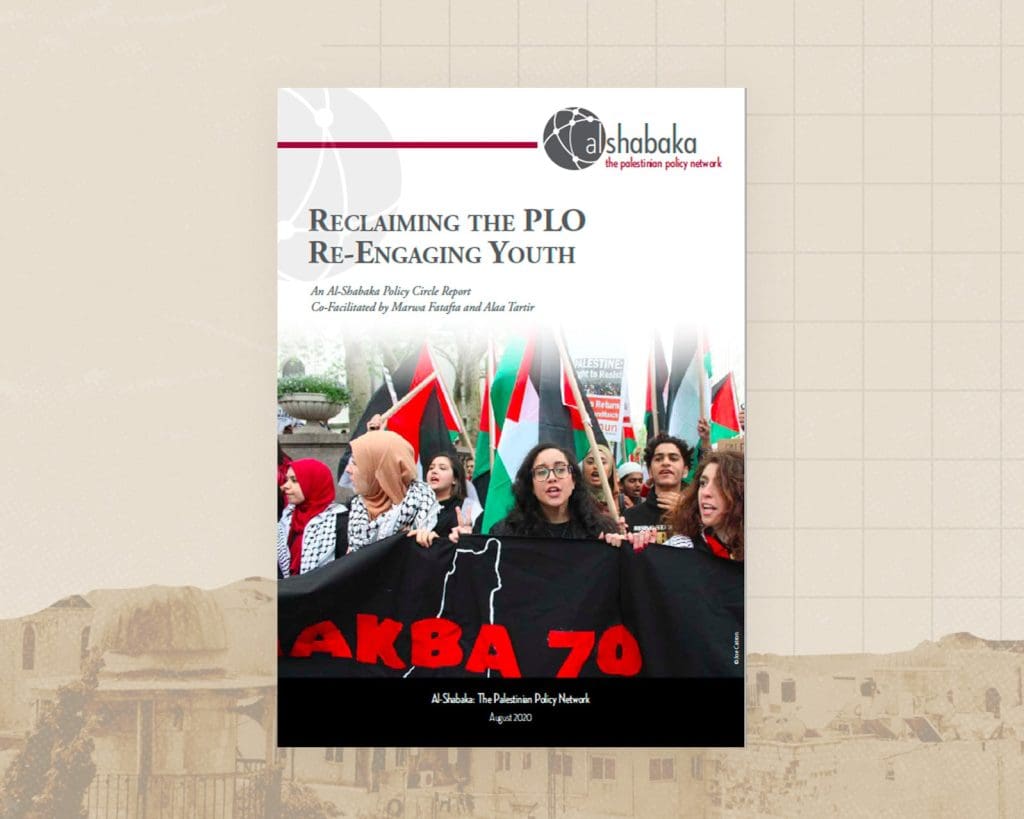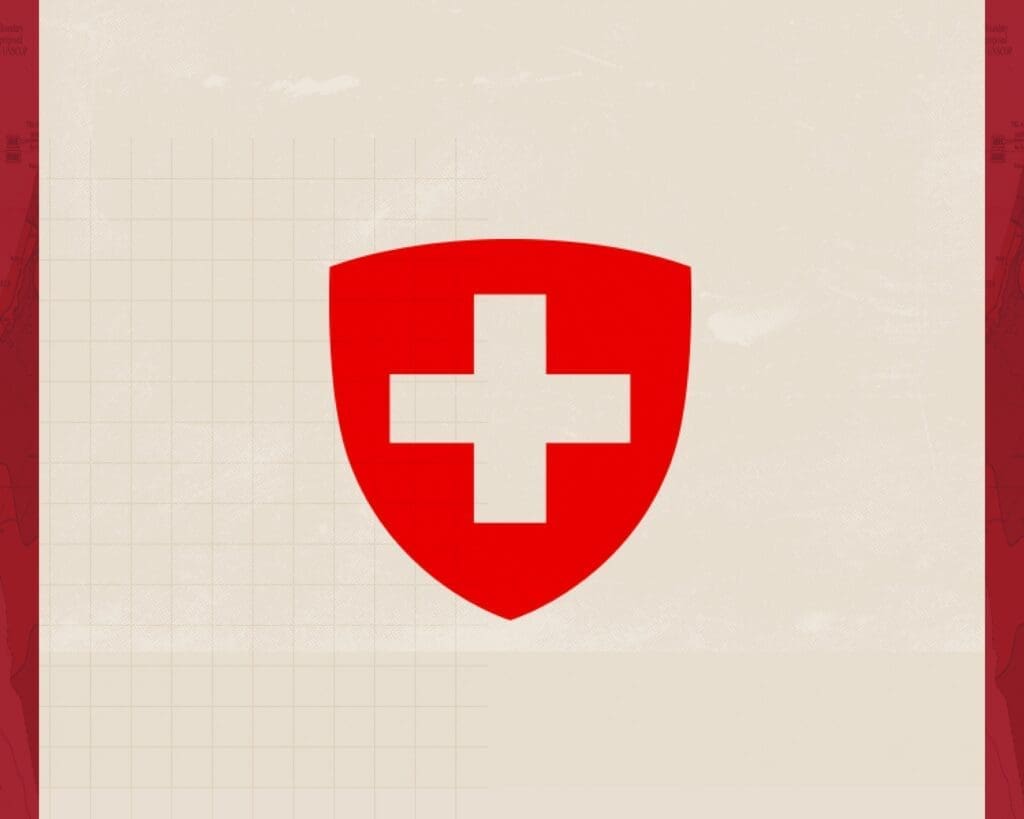
Al-Shabaka: The Palestinian Policy Network announces the publication of its full-length report “Reclaiming the PLO, Re-Engaging Youth.” The report features five essays by Al-Shabaka analysts in addition to a literature review offering a plethora of recommended readings.
The report arrives at a critical juncture. Israel’s ongoing depredations of Palestinian rights seek to destroy the very notion of Palestinian self-determination. Meanwhile Palestinian leadership in the Occupied Palestinian Territory (OPT) has grown more authoritarian and Palestinians in the diaspora lack a way to influence its policies and decisions.
The authors propose new ideas for how the Palestine Liberation Organization (PLO) might be revived and reclaimed by and for the Palestinian people. Despite the fact that the PLO has long been overshadowed by the Palestinian Authority (PA) in the West Bank and Hamas in the Gaza Strip, the authors agree that it remains the only established institutional mechanism that offers the possibility of wider and truly democratic national Palestinian representation.
The report tackles these thorny questions:
- How might Hamas and Islamic Jihad – which have both called for rebuilding the PLO as a democratic body – be integrated into the organization after nearly 30 years of exclusion?
- How can the PLO secure the input of all Palestinians, build consensus, and maintain accountability both as a national liberation movement and a governing body?
- What obstacles have prevented the emergence of a new Palestinian leadership in the OPT?
- What existing models of Palestinian youth leadership can be further developed?
The work was co-facilitated by Alaa Tartir and Marwa Fatafta, and engaged 10 other Al-Shabaka members in discussion and debate. For further information about Al-Shabaka or for interviews with its staff and/or the members of its network, please email [email protected]
Al-Shabaka: The Palestinian Policy Network was launched in 2010. The only transnational Palestinian think tank, it is a registered 501(c)(3) nonprofit organization in the United States.
Key Quotations from Authors:
- Belal Shobaki: “All factions, including Hamas and Islamic Jihad, recognize the importance of and the need to revitalize the PLO and to recover its powers and authorities.”
- Nijmeh Ali: “Unless there is an answer to the question of what the PLO is – a liberation movement, a state-building organization, or both – it will become an empty shell with fictitious institutions.”
- Fadi Quran: “Most political party leaders disdain younger party members because they are apt to be critical of their superiors’ risk averseness and authoritarianism.”
- Dana El Kurd: “It is crucial to recognize the variations in lived experience, and allow the space for Palestinians in different contexts to organize and address the challenges they face in their own environments without imposing blanket solutions.”
- Marwa Fatafta: “Despite the mandate of representation…there have never been any accountability mechanisms within the PLO that would enable Palestinians to be consulted on divisive political decisions made on their behalf.”
In addition to the authors cited above and the co-facilitators, the following Al-Shabaka members were engaged in this report: Yara Hawari, Inès Abdel Razek, and Jamil Hilal undertook peer reviews and participated in the conceptualizing and brainstorming together with Ali Abdel-Wahab, Diana Buttu, and Amjad Iraqi.
Al-Shabaka: The Palestinian Policy Network is an independent, non-partisan, and non-profit organization whose mission is to convene a multidisciplinary, global network of Palestinian analysts to produce critical policy analysis and collectively imagine a new policymaking paradigm for Palestine and Palestinians worldwide.











